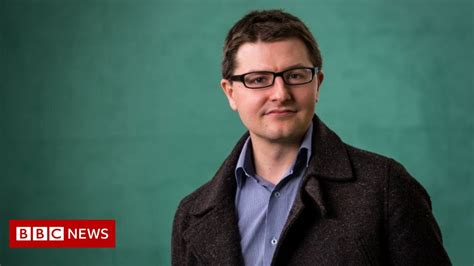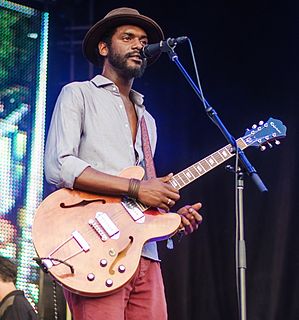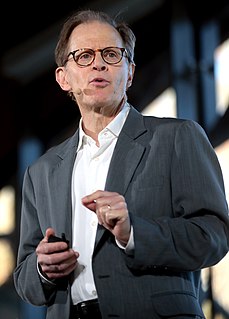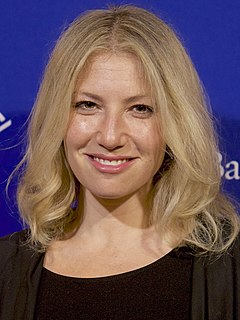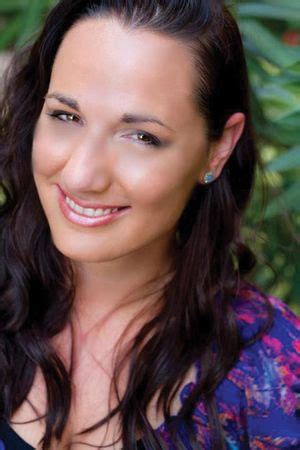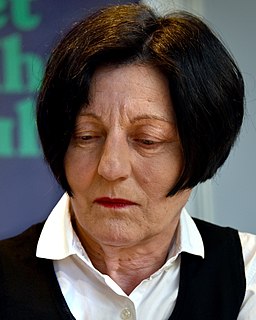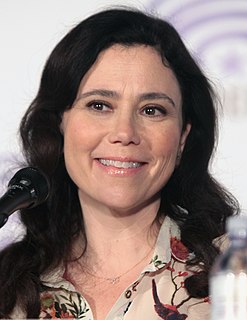A Quote by Gavin Extence
When I read these books, I no longer felt like I was confined to a very tiny world. I no longer felt housebound and bedbound. Really, I told myself, I was just brainbound. And this was not such a sorry state of affairs. My brain, with a little help from other people's brains, could take me to some pretty interesting places, and create all kinds of wonderful things. Despite its faults, my brain, I decided, was not the worst place in the world to be.
Quote Topics
Affairs
All Kinds
Books
Brain
Brains
Confined
Could
Create
Decided
Despite
Faults
Felt
Help
Interesting
Interesting Places
Just
Kinds
Like
Little
Little Help
Longer
Me
Myself
Other
People
Place
Places
Pretty
Read
Really
Resting Place
Some
Sorry
State
Take
Take Me
Things
Tiny
Very
Wonderful
Wonderful Thing
Wonderful Things
World
Worst
Related Quotes
I was just a very emotional player. I wore my emotions on my sleeve. I pretty much told you how I felt. I didn't mince words, so to speak. If I felt bad, I let you know that I felt bad. If I felt you were playing sorry, I told you. If I was playing sorry, I told myself that. I came from an era when losing really hurt. I didn't see anything good about it.
We now know that the way to help a child develop optimally is to help create connections in her brain—her whole brain—that develop skills that lead to better relationships, better mental health, and more meaningful lives. You could call it brain sculpting, or brain nourishing, or brain building. Whatever phrase you prefer, the point is crucial, and thrilling: as a result of the words we use and the actions we take, children’s brains will actually change, and be built, as they undergo new experiences.
The one thread that was most surprising and most consistent was the lack of fear that people felt at the worst moment. They felt a lot of fear in early stages, when they're just realizing what's happening. But then things really seemed to be at their peak of terror, the fear went away. You can imagine why that's useful. At that moment your brain needs to focus all its attention on surviving, so people will feel a sense of calm as their brain tries to sort out a plan.
If you don't connect yourself to your family and to the world in some fashion, through your job or whatever it is you do, you feel like you're disappearing, you feel like you're fading away, you know? I felt like that for a very very long time. Growing up, I felt like that a lot. I was just invisible; an invisible person. I think that feeling, wherever it appears, and I grew up around people who felt that way, it's an enormous source of pain; the struggle to make yourself felt and visible. To have some impact, and to create meaning for yourself, and for the people you come in touch with.
My first book, 'Nadirs,' was very important for me. I'll leave its literary worth for others to judge. But its publication in Berlin in 1984 gave me protection. As did the awards it won. The Romanian secret police could no longer treat me and my friends as though we were completely cut off from the rest of the world. And we no longer felt cut off.
I remember being on Hawaii when I sailed to Hawaii. It felt unsettling to be walking around there because I was thinking, "This place could just sink at any second." In actuality, it totally can. But it really felt like, I am this teeny, tiny speck out in the middle of all that water, I feel so unprotected right now. It almost felt creepier than being on a boat, which is an even smaller speck out in the middle of nowhere. But I felt like I had some control over that situation.
I would not wear any clothes that had a brand name on them, and I only read books that were canonical. I wouldn't wear makeup, and I didn't like to let boys open the door for me because I felt like it was sexist. My heart was in the right place, but I was such a tiny dictator about it. It's embarrassing to me now because I was so rigid. It's such a rigid way of looking at the world. There's something very young about that mind-set.
